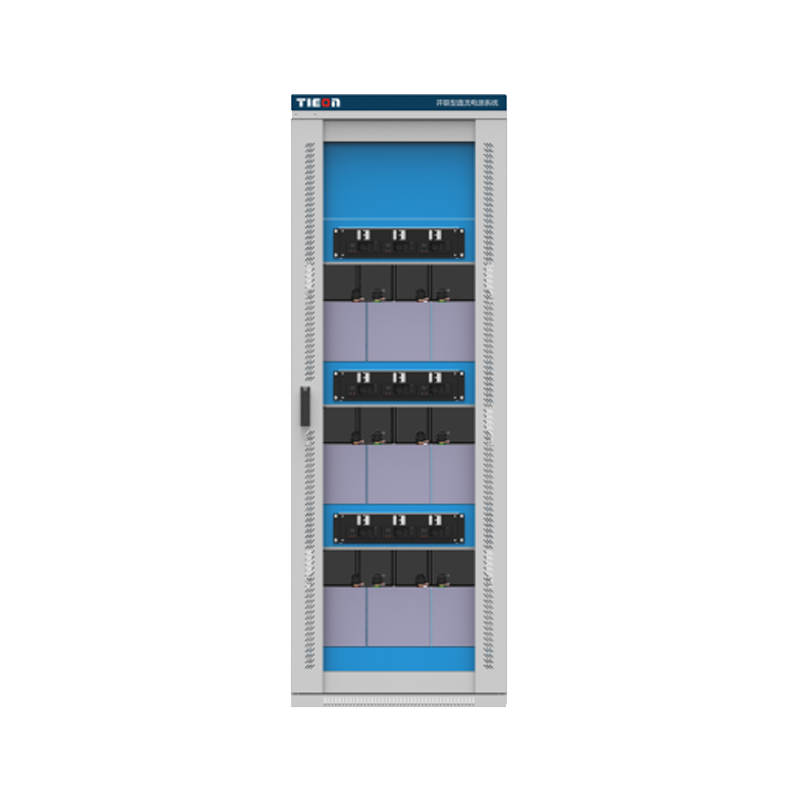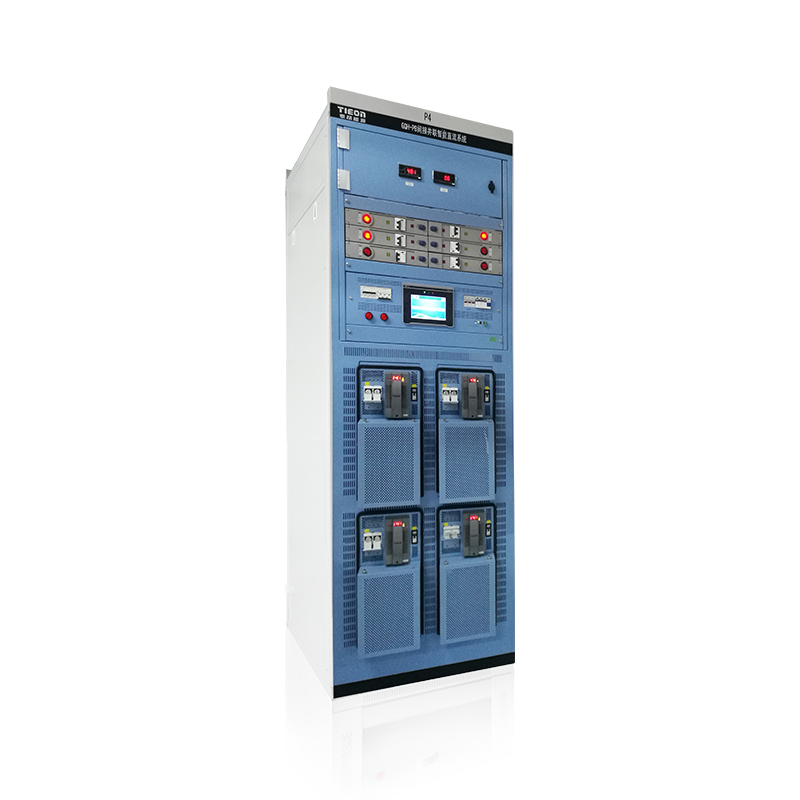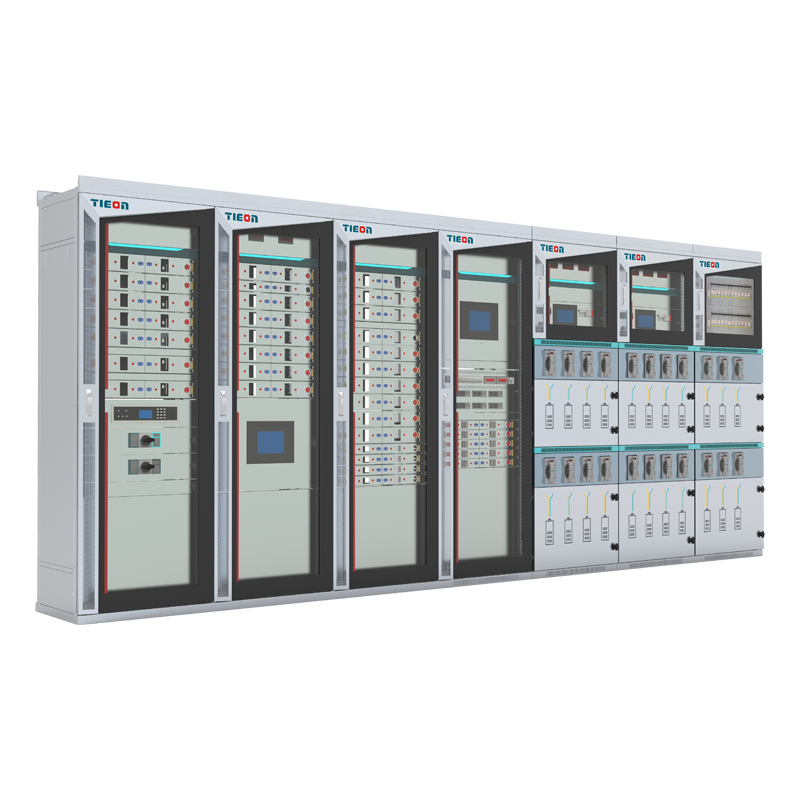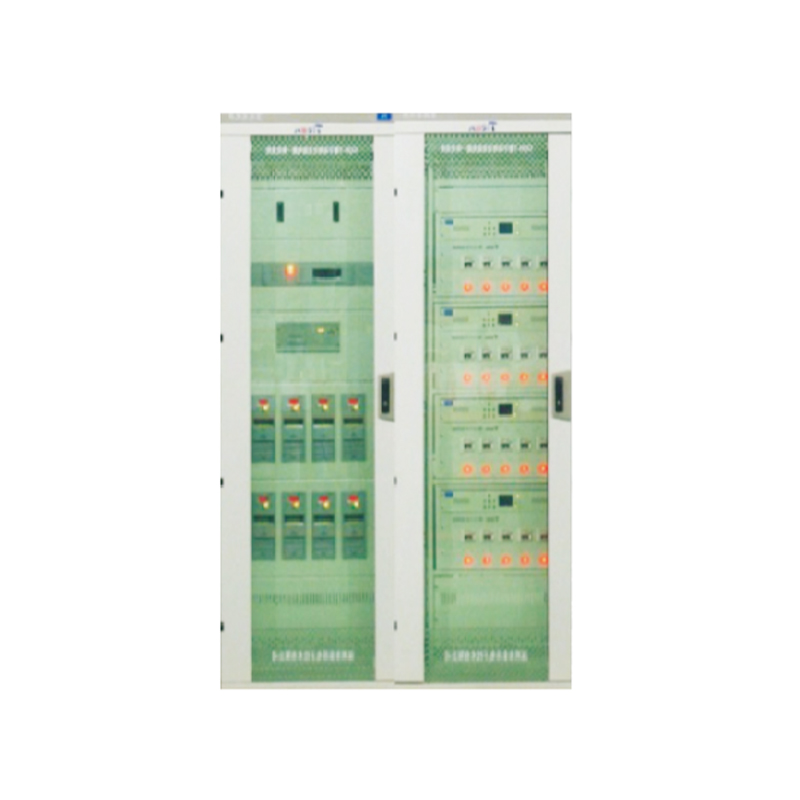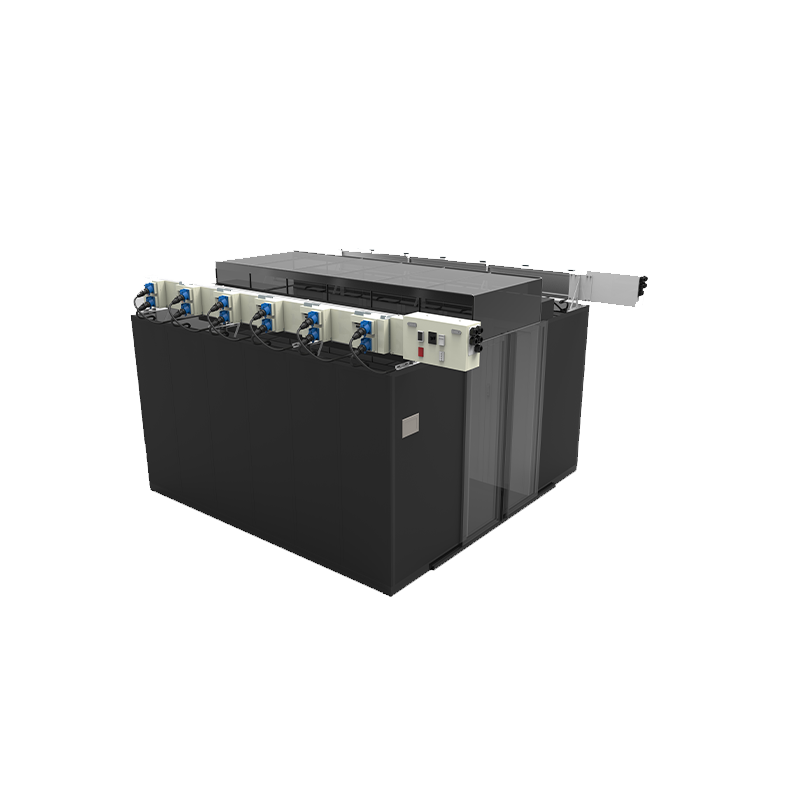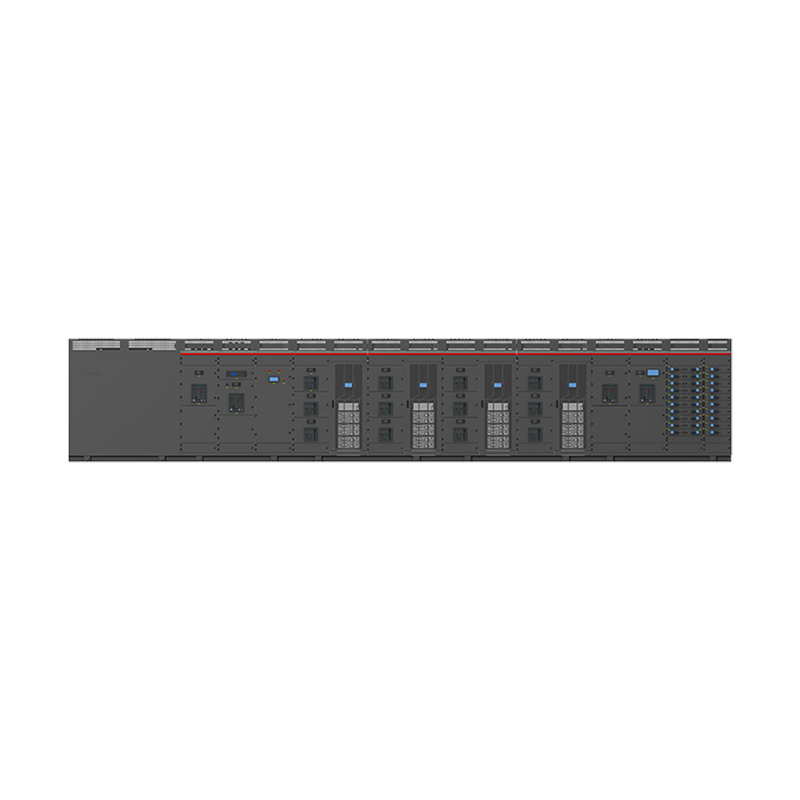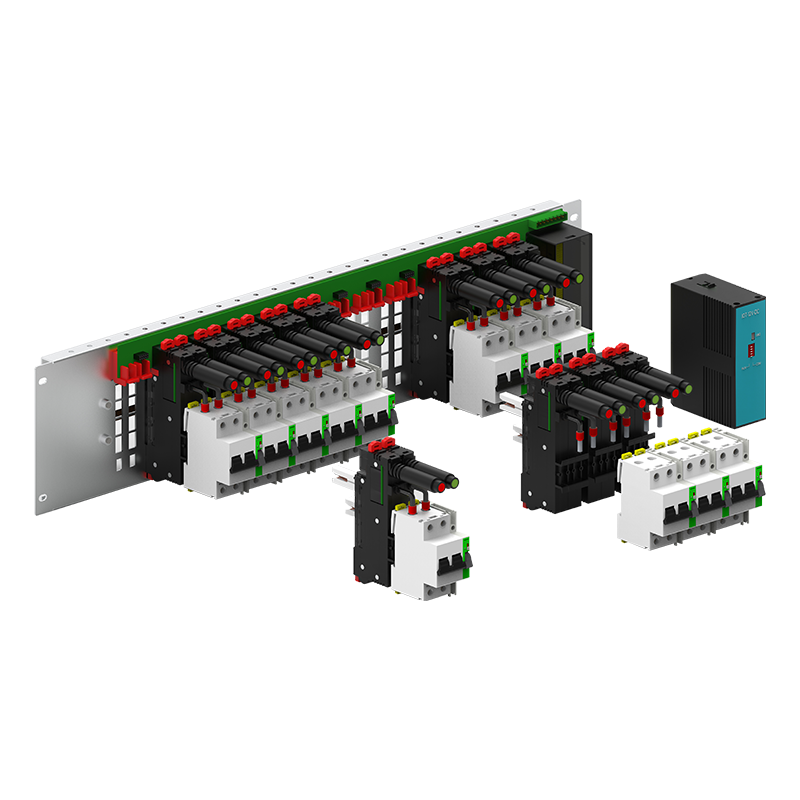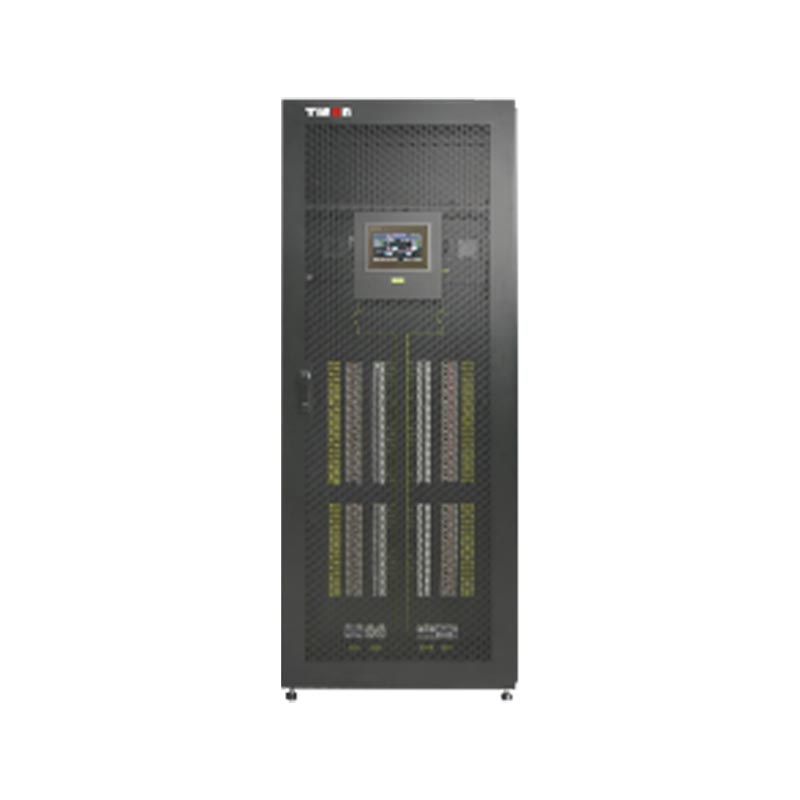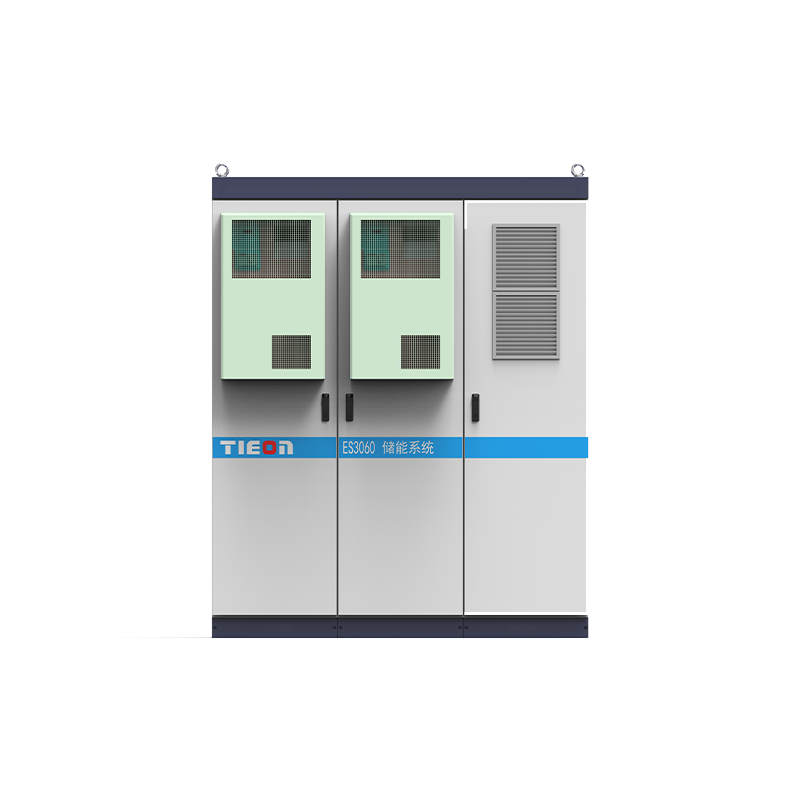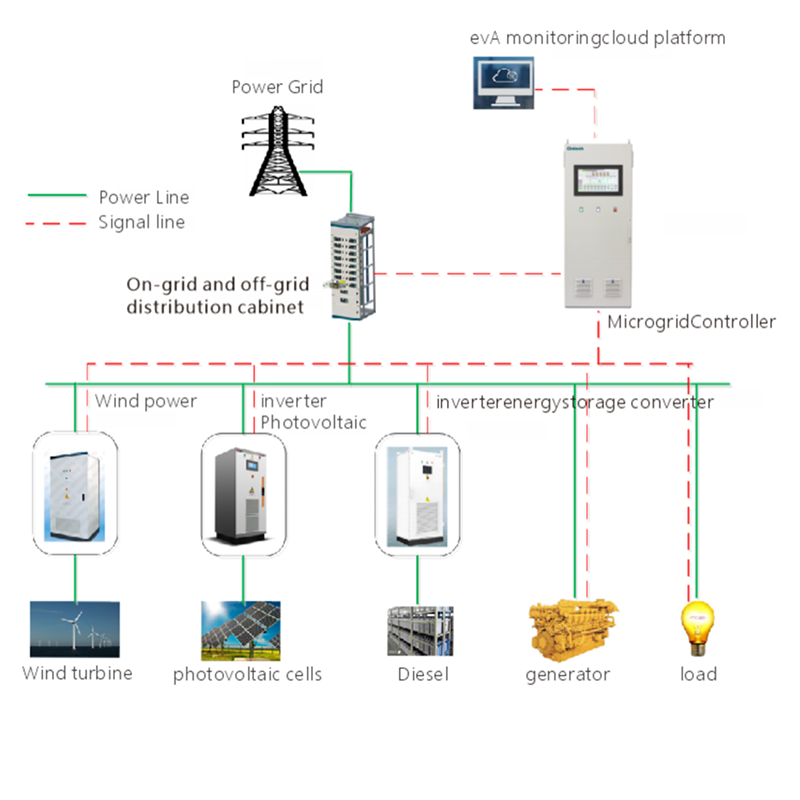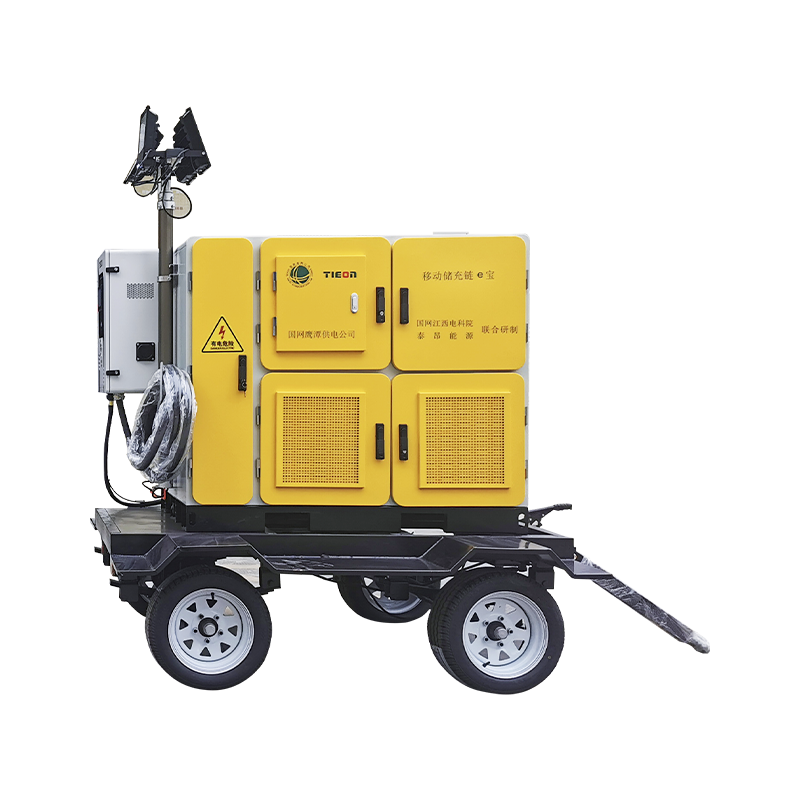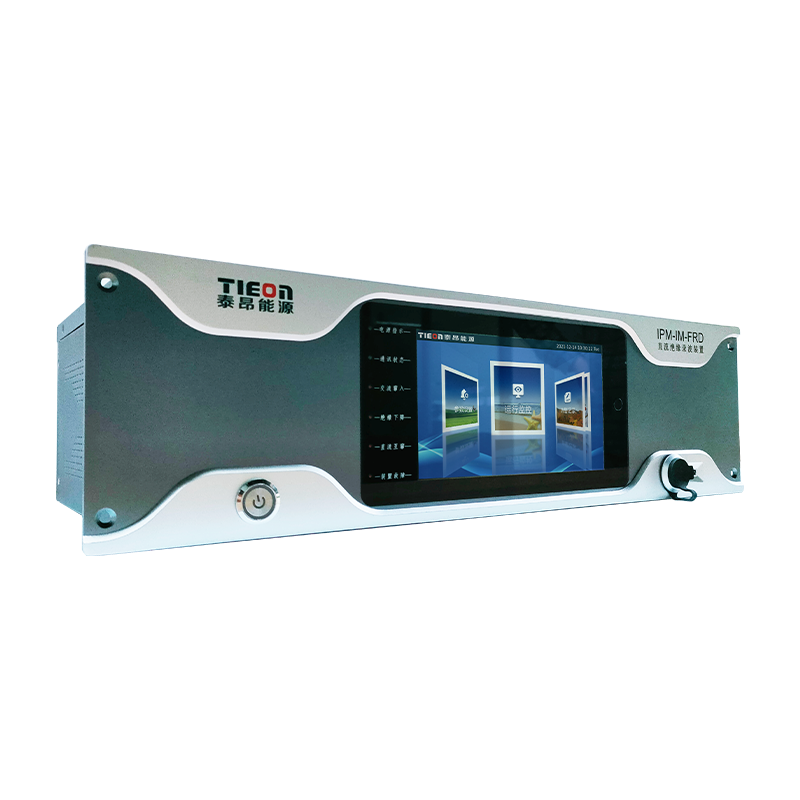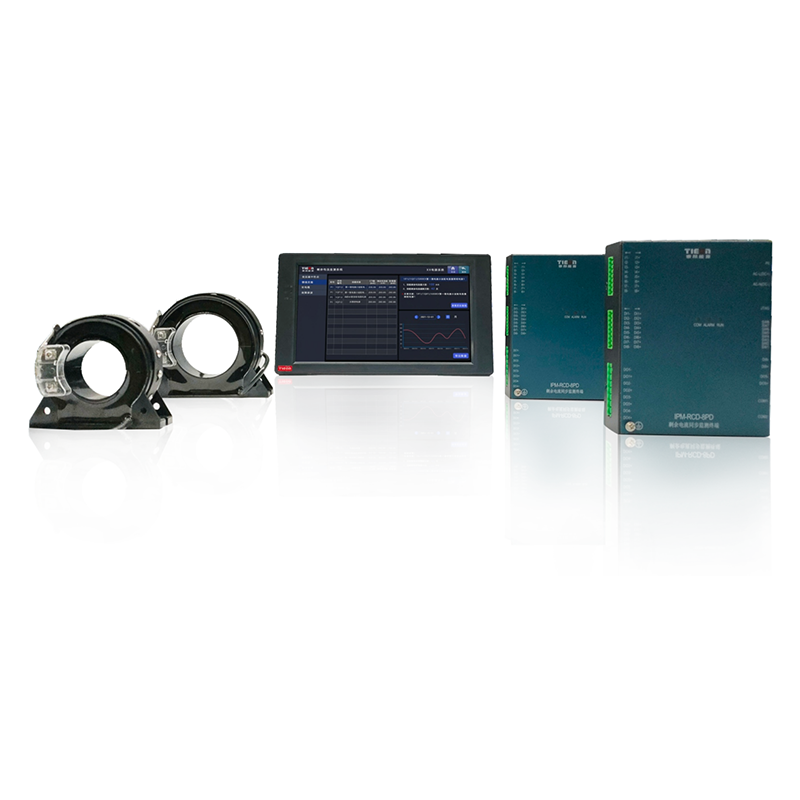Modular Power Systems and Modular Data Centers are critical concepts in modern power systems and data center design, aimed at enhancing flexibility, scalability, and reliability. Below are detailed explanations of each.
Modular Power Systems
A modular power system is a design approach that breaks down the power infrastructure into multiple independent modules. Each module can operate independently or be combined with others to meet varying power demands. This design enhances the system’s flexibility and reliability.

Modular Power Systems Key Features
Independence of Modules:
Each module can function on its own, providing specific power functions such as uninterruptible power supply (UPS), rectification, inversion, or power distribution.
Scalability:
Modules can be added or removed based on the current power requirements, allowing the system to grow or shrink without significant overhauls. This makes it easy to scale up or down as needed.
Flexibility:
Different types of power modules can be easily integrated or replaced, accommodating various power needs and configurations. This flexibility allows for customized solutions tailored to specific applications.
Reliability:
Redundant modules can be implemented to ensure continuous operation even if one component fails. This redundancy improves overall system reliability and uptime.
Ease of Maintenance:
Individual modules can be serviced, upgraded, or replaced without affecting the entire system. This minimizes downtime and operational disruptions, leading to more efficient maintenance practices.
Efficiency:
Optimized designs allow for better energy management and reduced losses, contributing to higher efficiency. Advanced monitoring and control systems within each module can further enhance performance.
Benefits:
Cost-Effective Expansion: By adding only the necessary modules, organizations can avoid over-provisioning and reduce capital expenditures.
Improved Reliability: The ability to isolate and replace faulty components quickly minimizes the risk of system-wide failures.
Future-Proofing: Modular designs make it easier to adopt new technologies and adapt to changing power requirements over time.
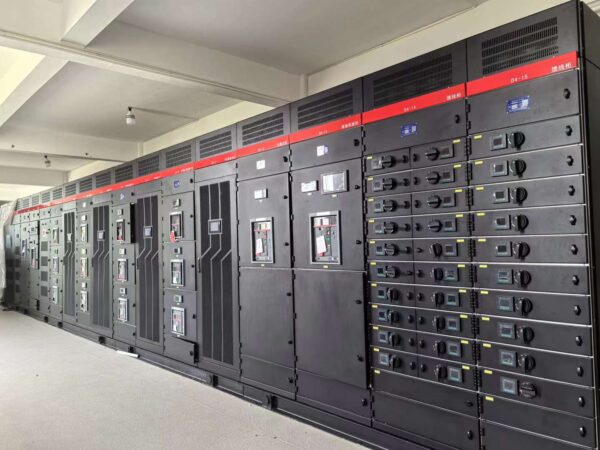
Characteristics of Modular Power Systems
Modular power systems offer several key characteristics that make them highly advantageous for various applications. Below are the detailed explanations of these features:
Flexibility: Adaptability to Varying Loads
Modules can be added or removed based on the specific load requirements, allowing the system to adapt dynamically to changing power needs. This flexibility ensures that the power system can efficiently support different operational scenarios without over-provisioning.
Scalability: Gradual Expansion
As power demands grow, additional modules can be incrementally added to increase the overall capacity of the system. This scalability allows organizations to invest in capacity only when needed, optimizing capital expenditures and avoiding unnecessary upfront costs.
High Reliability: Redundant Design
The use of redundant modules ensures that if one module fails, others can continue to operate, maintaining an uninterrupted power supply. This redundancy significantly improves the overall reliability and uptime of the system, minimizing the risk of total system failure.
Ease of Maintenance: Modular Replacement and Repair
Individual modules can be easily replaced or repaired without affecting the rest of the system. This capability reduces downtime and simplifies maintenance procedures, leading to more efficient operations and lower maintenance costs.
Efficient Energy Usage: Dynamic Adjustment Based on Load
Modular designs allow the system to dynamically adjust the number of active modules based on the current load. By operating only the necessary modules, the system can achieve higher energy efficiency, reducing wasted power and lowering operational costs.
Summary
Modular power systems offer a flexible and reliable approach to power infrastructure by breaking it down into independent, interchangeable modules. This design not only simplifies scaling and maintenance but also enhances overall system performance and reliability. Whether for industrial facilities, commercial buildings, or data centers, modular power systems provide an adaptable solution to meet diverse and evolving power needs. Modular power systems provide a robust solution with several key advantages: Flexibility to adapt to varying loads by adding or removing modules. Scalability to gradually expand capacity as power needs grow.
High reliability through redundant design, ensuring continuous operation even if individual modules fail.Ease of maintenance due to modular replacement and repair capabilities.
Efficient energy usage is achieved by dynamically adjusting the number of active modules based on load conditions. These features make modular power systems ideal for modern applications requiring adaptable, reliable, and efficient power solutions.

